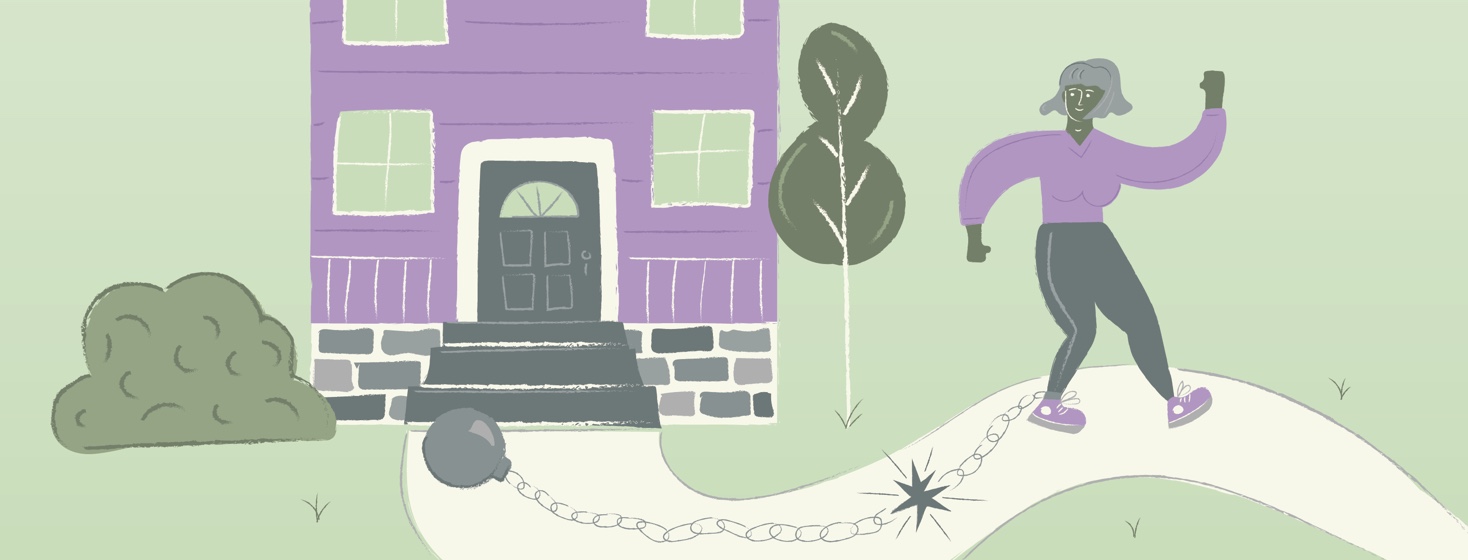You Must Release Those Endorphins
Depression is prevalent this time of year. The days are cold, and nights are long. We fear going into public because we could run into someone with cold or flu, our most dreaded enemy. We lock ourselves inside and avoid companionship.
Family that lives far away can be of little help and too many of us suffer in silence. Being diagnosed with COPD alone can be depressing but when you are constantly being told that you don’t look sick, it begins to feel like people don’t believe you.
In fact, they do believe you, but they are at a loss as to what to say or do. And, the fact that you look good should be taken as a compliment. It's your ‘superpower’ that you can be this sick and look so good.
It gets to all of us at times
So, what can we do about it? We can exercise. We have known for many years that exercise releases endorphins that are a mood enhancer. It was a foreign concept for me before my diagnosis. I was a walker all my life, but I didn’t really participate in a formal exercise program.
Formal rehabilitation program
Once I was diagnosed with COPD, I attended a formal rehabilitation program. It opened my eyes to the world of exercise. It made me feel good. It gave me strength that I hadn’t know for years. It turned the face of my COPD. I had found something positive that I could do. I could feel the strength.
We began with sitting exercises to build the upper body and that gave us the strength to carry our poor lagging lungs. There are many videos for sitting exercises throughout COPD.net.
Stronger and stronger
As each day passed, we got stronger and stronger. We then moved on to building our legs muscles. This involves cardio to help your heart get stronger so it can support your ailing lungs. Building legs is tough but no one said it was going to be easy. Now we did both upper body and lower body on rotating days. This gave our stretched muscles time to rest before we strained them again. This was the first time in my life that I spent so much time on me. After being married for 35 years and raising 3 children, I was finally developing me, and it felt wonderfully freeing.
Breathing was the next step
Breathing was the next step to rehab. It is amazing to me that I had been breathing all my life, but at the age of 60, I finally learned how to do it properly. I learned about pursing my lips to let additional air out and allow room to let fresh air in my lungs. I learned about abdominal breathing and deep, slow breathing that calmed me and allowed me to focus on this moment, counting my breaths.
Mindfulness practice saved my life
The final part of rehab consisted of mindfulness practice. This saved my life. They talked to us about how anxiety could take over and make us feel worse than we needed to. In order to combat anxiety, we could practice mindfulness and by staying in the moment and practicing our breathing techniques we could ward off anxiety and catch our breath. Release those endorphins and get exercising. Ask your doctor for a referral but get started today by checking out YouTube. No formal training is necessary.
Editor’s Note: We are extremely saddened to say that on January 7th, 2024, Barbara Moore passed away. Barbara’s advocacy efforts and writing continue to reach many. She will be deeply missed.

Join the conversation